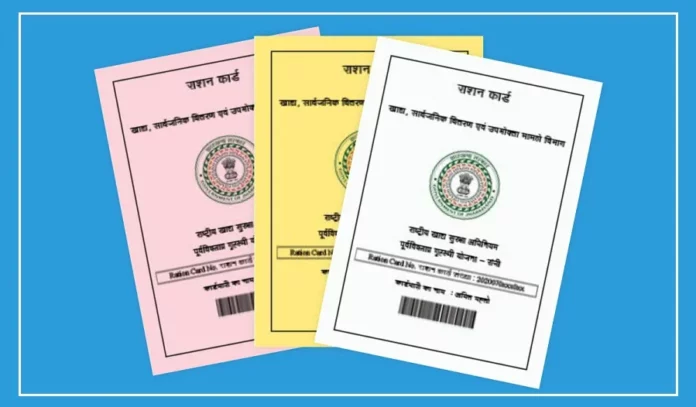The central government has introduced new rules for ration card holders in 2025 to improve the efficiency of the ration distribution system.
These changes are aimed at ensuring that eligible citizens get the benefits of the scheme. The goal is to make the entire process transparent and free from misuse.
If you are a ration card holder, it is essential to follow the updated rules to continue receiving benefits without interruptions. Let’s take a closer look at these new rules and what they mean for you.
Mandatory e-KYC for Ration Card Holders
One of the most important changes under the new rules is the requirement for all ration card holders to complete their e-KYC (electronic Know Your Customer) process.
This is a step to ensure that only eligible citizens benefit from the ration card scheme. Failure to complete the e-KYC will lead to the cancellation of the ration card.
This measure has been introduced to prevent misuse by individuals who obtain ration cards through wrong means.
The government aims to ensure that the system is free from fraud and only those who genuinely need the assistance receive it.
Benefits of the Ration Card Scheme
The ration card scheme is primarily aimed at supporting the poor and financially weak families in the country. Under the updated scheme, eligible families will receive:
1) Free or subsidized food grains like wheat and rice.
2) Rs 1000 financial assistance every month to extremely poor families.
3) A transparent ration distribution system with the help of e-KYC.
4) Access to nutritious food items to ensure better health for the poor.
The government plans to spend around 12 lakh crore rupees to ensure the success of the scheme, benefiting over 80 crore citizens across the country.
If you are eligible and do not yet have a ration card, you can apply for one either online or offline, depending on your preference.
Updated Eligibility Criteria and Changes in Ration Distribution
The government has also made changes to the eligibility criteria for obtaining a ration card:
Urban Residents: Citizens living in cities are eligible if their annual income is up to Rs 3,00,000.
Rural Residents: Citizens living in villages can apply if their annual income is up to Rs 2,00,000.
Property Ownership: People owning a house or plot larger than 100 square meters are now ineligible for the scheme.
Vehicle Ownership: Those who own four-wheelers, like cars or tractors, will also not be eligible for the ration card scheme.
Additionally, the government has made changes to the monthly ration distribution.
Each person will now receive 5 kg of grains (3 kg of rice and 2 kg of wheat) every month under the new quantity rules.
By following these rules, you can continue to benefit from the government’s ration card scheme and help ensure that it serves those who need it the most.
